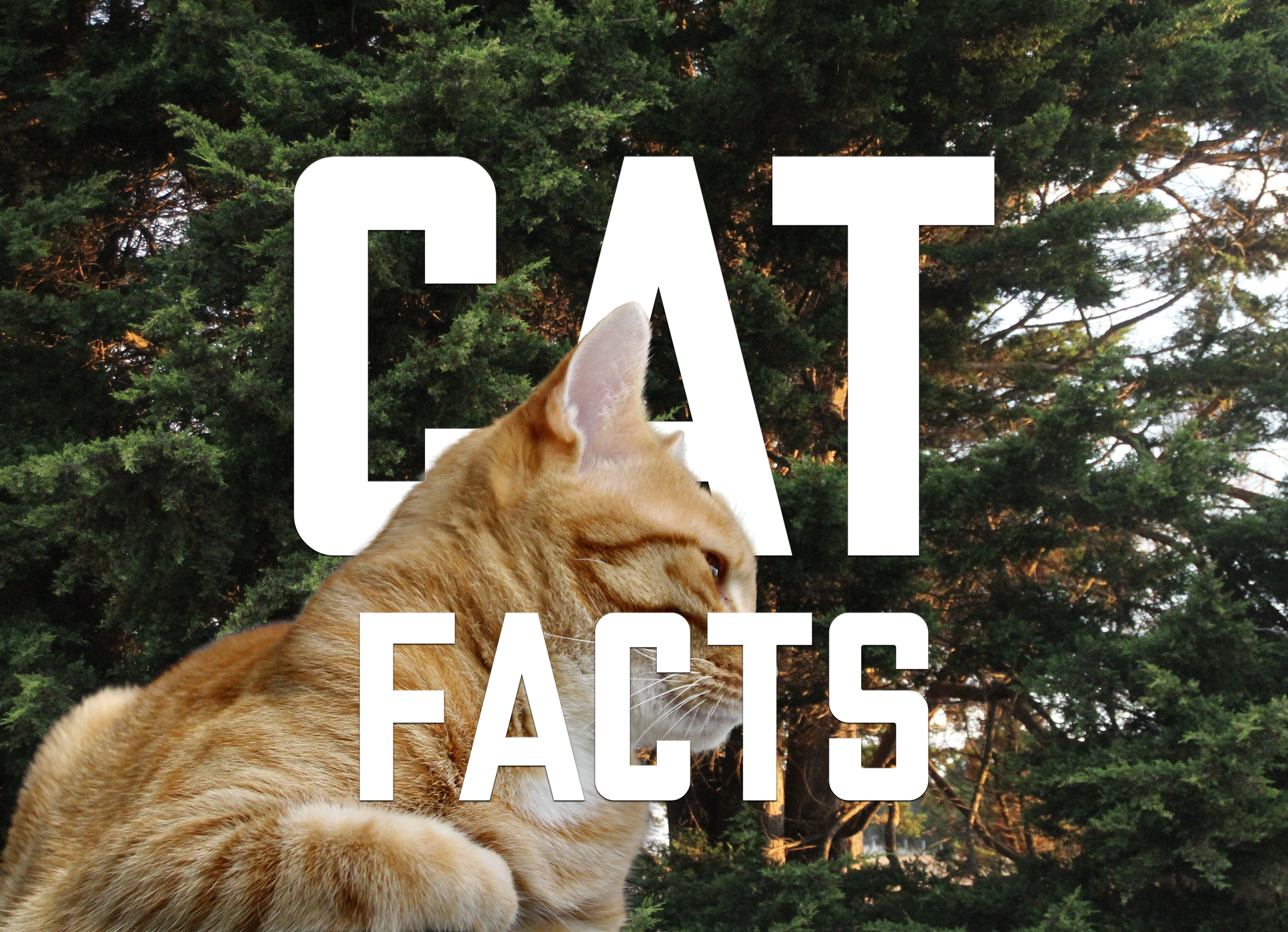Cat facts, anyone? Here are 7 surprising cat laws in California
Think you know everything about owning a cat in California? You don't, and you should. Cats are very, very important.

Owning a cat in California isn't just cuddles and catnip—there are some unexpected regulations you might never have heard of. Here are seven surprising California cat laws every cat lover should know.
1. Cats Become "Wild Animals" in Wildlife Refuges
Did you know your cuddly domestic cat legally becomes a wild animal if found wandering inside a wildlife refuge? Unless your cat remains on your own property, it’s classified as a nongame mammal, putting it legally on par with wild animals like raccoons or squirrels.
California Fish and Game Code § 4151.
2. Kittens Under Eight Weeks Old Can Be Adopted Immediately
Typically, shelters have mandatory holding periods for stray cats. But kittens younger than eight weeks old that appear unowned can skip the waiting period entirely, being available immediately for adoption.
California Food and Agricultural Code § 31752(b)(2)(A)
3. California Veterans Can Adopt Cats for Free—With Limits
California proudly supports veterans by waiving adoption fees at public shelters. However, vets are limited to adopting one cat every six months, ensuring responsible pet ownership.
California Food and Agricultural Code § 31751.4 and § 31764.5
4. Microchipping Cats is Mandatory Upon Adoption
California law mandates that shelters and rescue organizations ensure cats are microchipped before adoption or reclamation. If the shelter lacks microchipping capabilities, the adopter must provide proof within 30 days.
California Food and Agricultural Code § 31752.1
5. Progressive Fines for Owners of Unspayed or Unneutered Cats
Failing to spay or neuter your cat could be costly. Owners whose unaltered cats are repeatedly impounded can face escalating fines, up to $100 per incident, to encourage sterilization.
California Food and Agricultural Code § 31751.7
6. False Information on Cat Ownership Can Cost $1,000
Think twice before misleading shelters about cat ownership. Providing false ownership information when relinquishing a cat can result in a hefty $1,000 fine payable to the actual owner.
California Food and Agricultural Code § 31752
7. Shortened Shelter Holding Periods with Flexible Hours
Shelters in California offering extended evening or weekend hours can reduce the mandatory holding period for cats from six days to four, helping cats find homes faster or get reunited sooner.
California Food and Agricultural Code § 31752(A)
Knowing these laws helps ensure you're not just a caring cat owner but a responsible one, too.
And remember, your cat matters.
It matters a lot.






